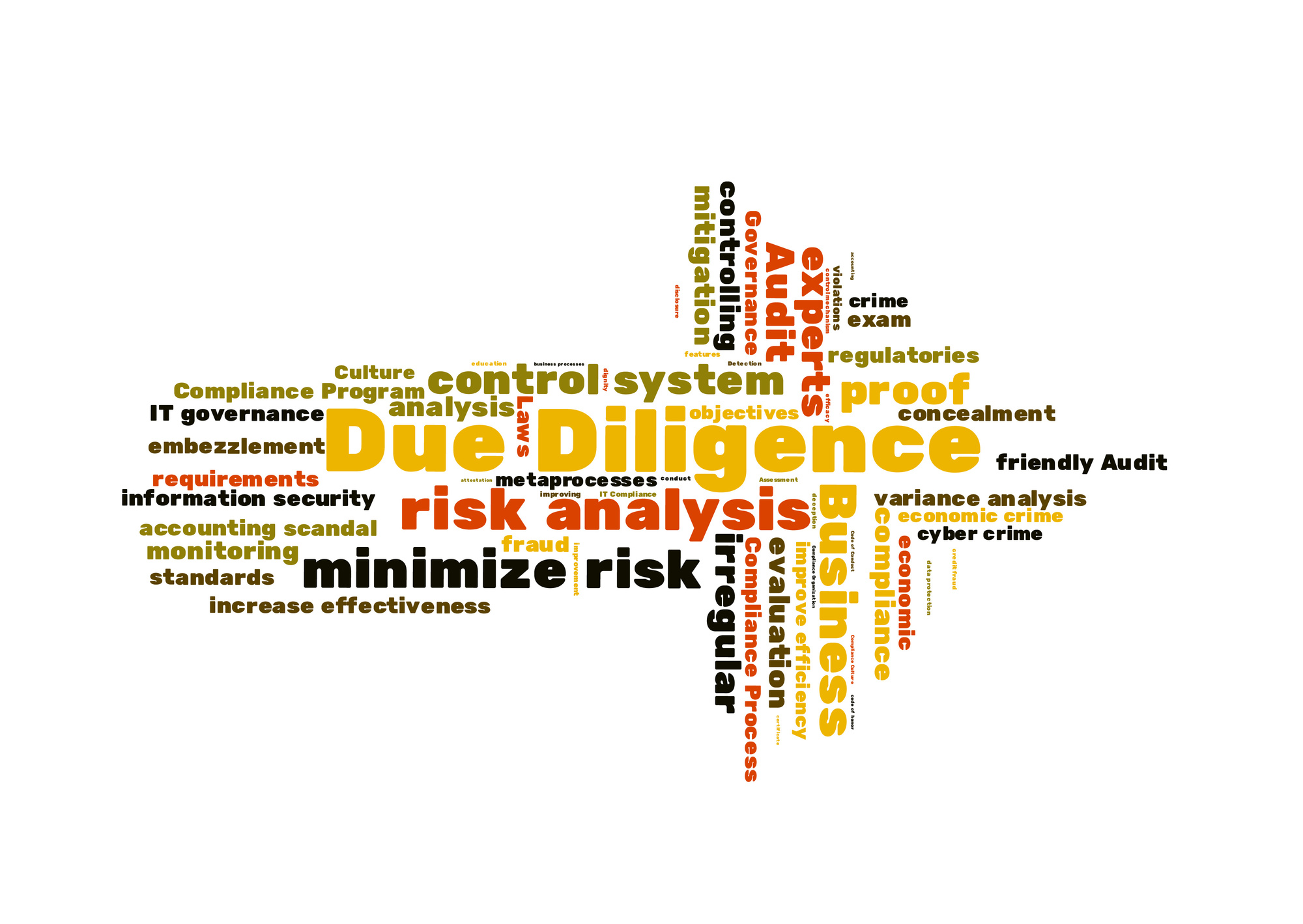Investment due diligence is something that can go overlooked—yet its importance cannot be highlighted enough.
Due diligence became common practice in the United States after the passing of the Securities Act of 1933. This law mandated that securities brokers were now responsible for disclosing material information about the stocks and other financial instruments they were selling. If brokers failed to disclose this information to potential investors—they could be liable for criminal prosecution.
In the same way this applies to individual retail investors auditing potential companies to invest money into—it also applies to institutional investors contemplating potential business acquisition financing or similar deals.
Due diligence is important for buyers and sellers in the transaction—to ensure the envisioned transaction is swiftly and properly carried out, to the satisfaction of both sides.
Keep reading for more information on the practice and what it means for your business!
What Is Investment Due Diligence?
The term “due diligence” refers to the careful investigation carried out by a potential investor on a target business. This is done before closing the deal, but after reaching an agreement on preliminary negotiations.
This period is where the investment has been temporarily tabled, stemming from a term sheet. From there, a team is drawn together to conduct their investigation, in the scope of the rules of engagement that both the buyer and seller agreed upon.
The audit takes place through a period of 30 to 60 days, in both remote settings as well as site visits where applicable.
At the end of the due diligence period, a report is created and presented to the investor. This report contains recommendations for other potential terms and/or conditions to add to the transaction before sealing the deal.
The goal of due diligence is to systematically analyze risks from an investment standpoint. This includes reviewing public information, as well as the company’s figures in comparison to competitors.
Particularly with high stakes, there are often challenges that arise when preparing to make a sizable investment in a business. But with the right planning and careful execution—and the help of a business financial consultant—these can be mitigated.
Don’t Skimp on Due Diligence for Your Deal
Following the due diligence period, the investor may alter their understanding of the deal, and the company they are potentially entering into an agreement with. The investor may desire to renegotiate the terms of the deal—or to decline the investment altogether.
For this reason—it is imperative that both buyers and sellers fully understand the importance of due diligence, and go into this period as prepared as possible. With the help of our business consulting services, you can rest assured you have all the necessary information as you move ahead in the next steps of your deal.
Contact us to schedule a consultation, and find out how we can help you ensure you are fully prepared for due diligence in your own business.

